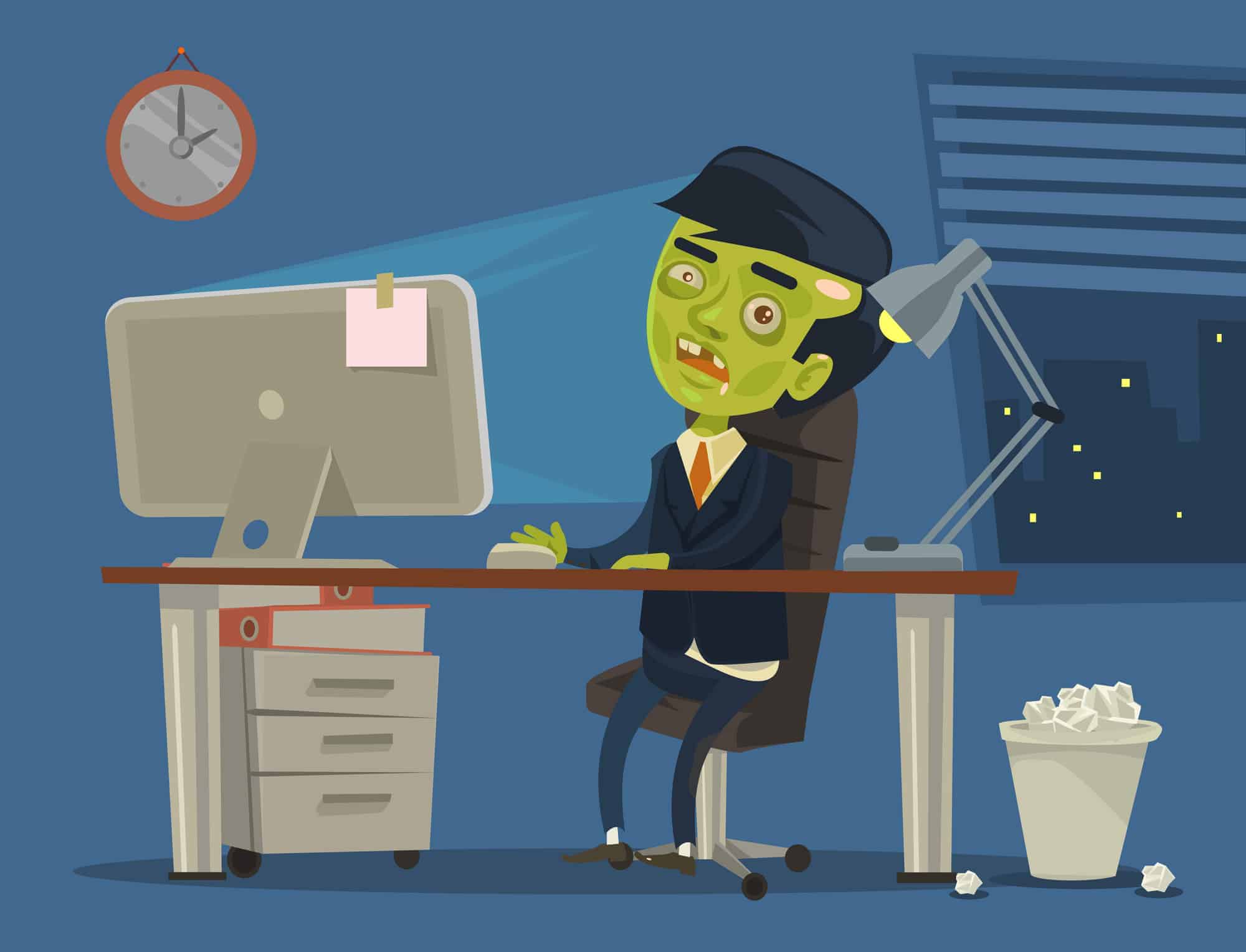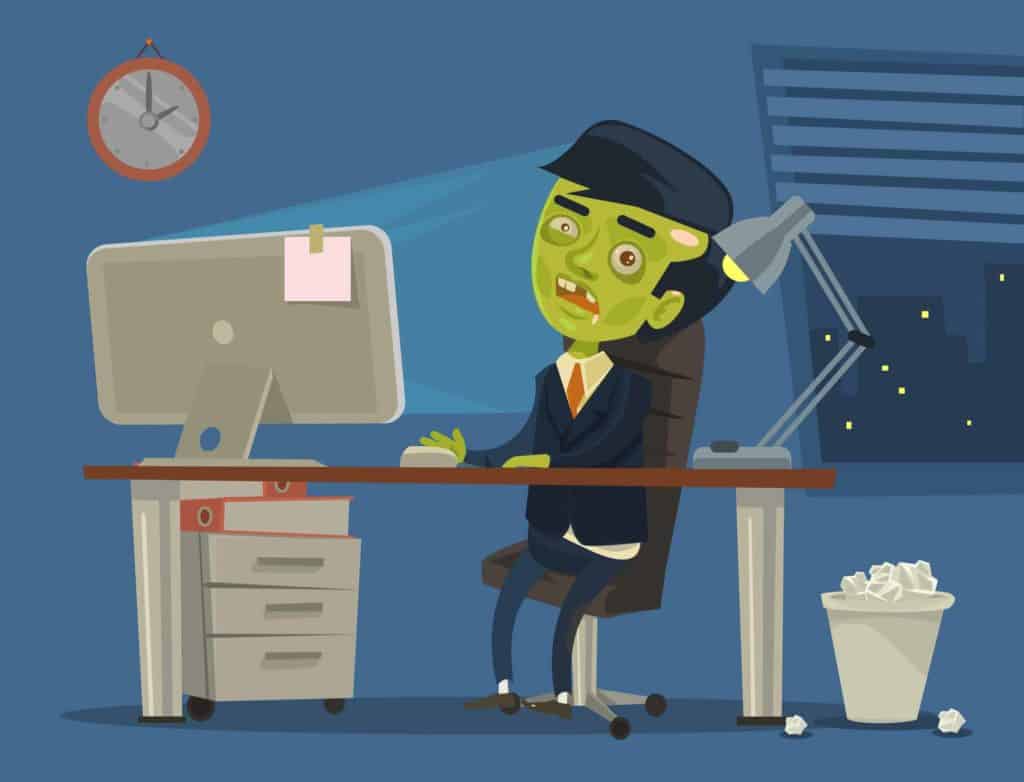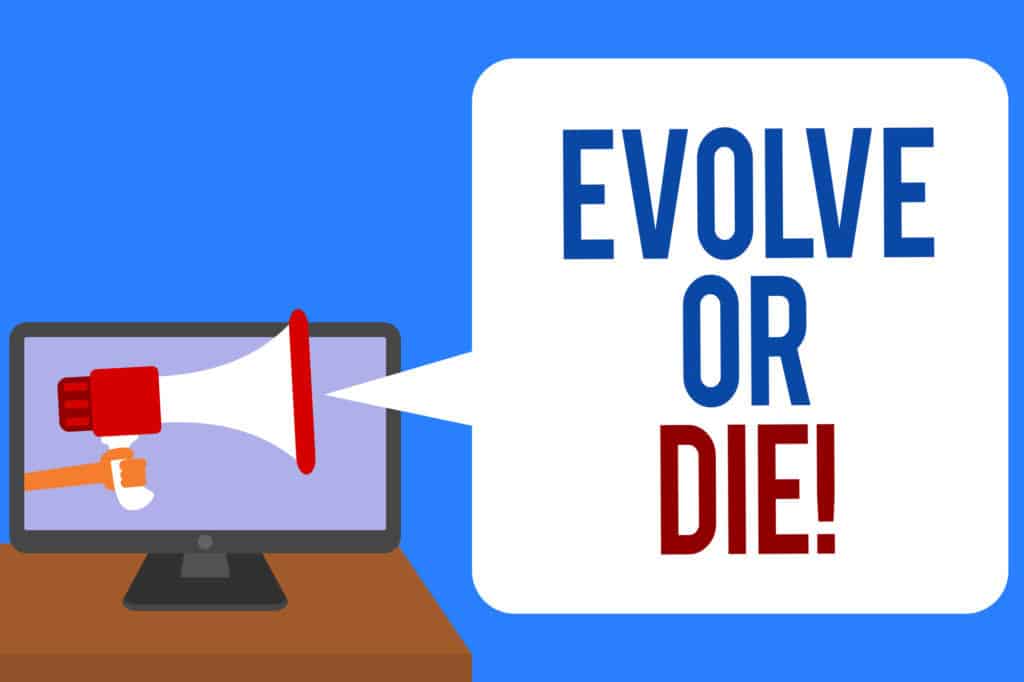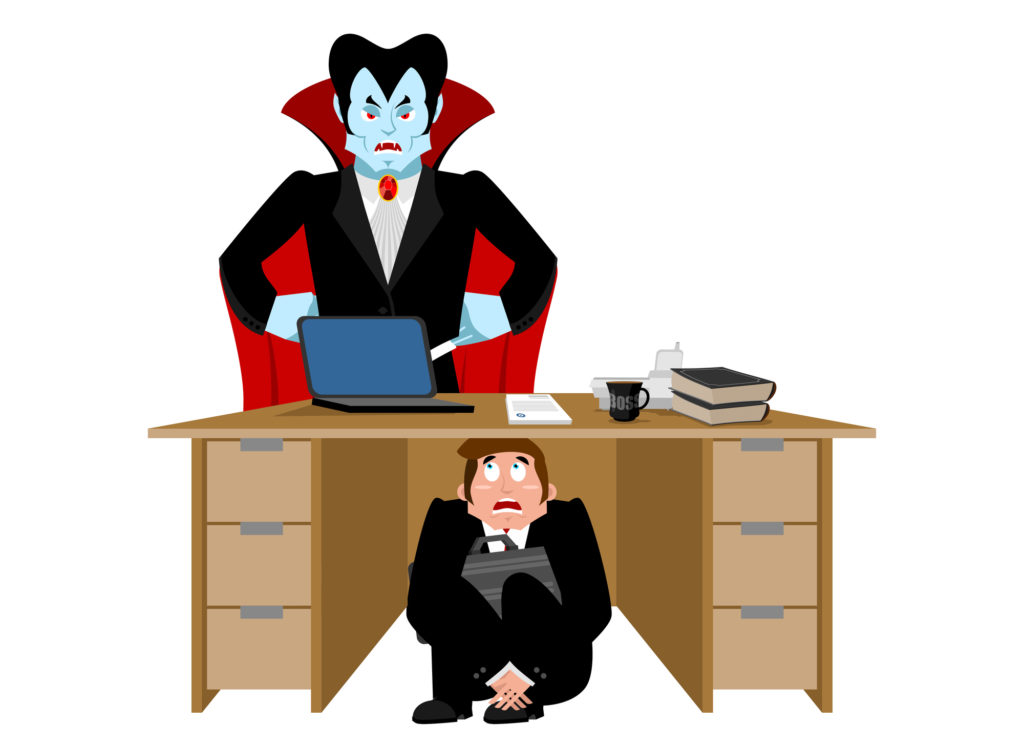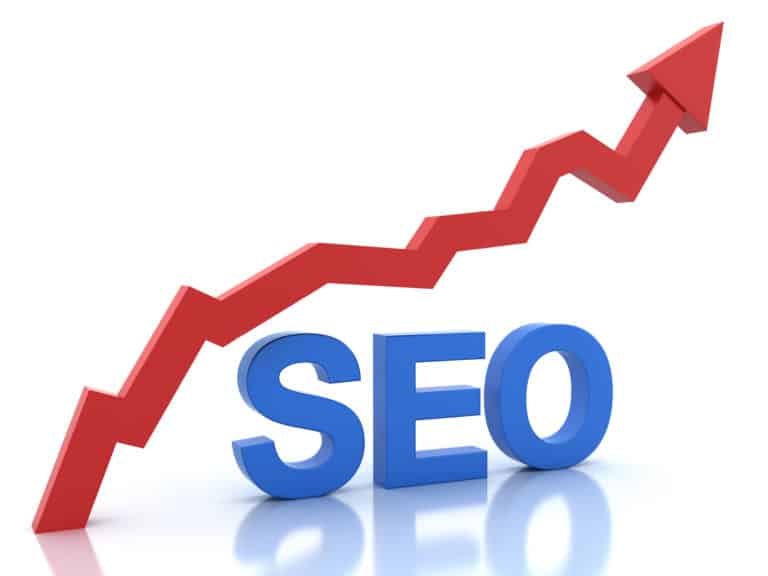Is SEO dying? Some people think that SEO is already dead, but they couldn’t be more wrong. Oh boy, are they wrong.
Search Engine Optimization remains one of those fascinating internet mediums that means absolutely everything yet, simultaneously, nothing to most of us.
Google can’t be that complicated, surely? I mean, it’s a white page with a box.
Yes, but remember that Google is named after a Googol – 1×10100, or the number one followed by 100 zeros. I digress.
Google is less like a needle in a haystack scenario, but more finding a particular needle in a mountain of billions of other needles.
Even the very best in the industry struggle to keep up with the continuously contorting algorithms presented by the online overlord to keep all of your businesses rolling upwards in Google rankings.
To figure out the puzzle allows you all to remain competitive. Still, with an industry like SEO, it’s a continuous rat race to ensure you’re all at the top of that proverbial tree. And this is far from easy.
More Articles From Direct Response PT
How Bad SEO Can Cost You More Than Just Money
The Dangers of Stealing Content and Plagiarism
Online Etiquette: Failure Is Not An Option
Despite this, if you search online, you’ll find articles with titles such as “Has SEO died?”
A bold and almost hysterical claim when the most light-handed research will tell you that the world of SEO is worth a staggering $80bn.
Just about enough money for me to buy Tesla or Facebook with a few billion change from the latter.
Considering Facebook could be argued as having the power to topple a government, we’d say that $80bn is a good enough answer to suggest that SEO is far, far from ‘dying’.
In fact, it’s almost good enough for me to stop typing and just upload this blog as is. I jest, how else would you get your fix of cringe-worthy metaphors from yours truly?
Whilst all this doesn’t mean a massive amount to the average business owner, perhaps we should ask ourselves why it is worth so much and what does it actually do?
What Is SEO?
SEO is something that cannot be dumbed down to a simple sentence. Still, if we were to try our best (whilst proudly telling onlookers in a bar what we did), it would probably come out as ‘we’re the Starship Troopers of the internet’.
No, that’s too brash. Epic film, though. ‘We’re modern marketing strategists that yield unquestionable results.’ Still too arrogant? Whatever.
If you have a peak into the statistics themselves, that apparent arrogance may not be actually too far off. Did you know that on average, just 1.7% of printed ads and direct mail lead to conversions?
Contrast that with SEO, and it’s a whopping 14.6% conversion rate. The whole concept revolves around lead generation. If SEO is artfully implemented, it has the scope to reveal your business to *insert excessive number here* of stakeholders, and that’s good because we like stakeholders. Mmmm, stakeholders.
The whole industry exists because of search engines. Google, Yahoo, DuckDuckGo, Ecosia and BING (does it actually stand for ‘Because It’s Not Google’?) are some of the more prominent players out there.
Better still, 93% of all online experiences begin with a search engine, and that on its own proves the need and importance of SEO. Ninety-three per cent is quite a statistic.
If nearly all internet users globally open their browser of choice and start on a search engine, you need our help – which is why we exist. Consumer capitalism, eh? Fascinating.
So, Why Do People Think That SEO Is Dying?
All that bell ringing doesn’t actually answer the question of why people think it’s dead, or why people are trying to claim that it’s dead.
The biggest guess we can chuck into the ring is – simply – that people don’t want anyone to know about the untapped goldmine that is SEO. How else could people claim that our industry is dead or no longer relevant?
Suppose nearly every single internet user uses a search engine at the start of their online session. In that case, that on its own is enough statistically to say ‘we need people to push our businesses to the top of SERPs.’ A SERP is a Search Engine Result Page.
Fine, how about this, ‘SEO people’ – not everyone uses the internet. There is still a place for analogue forms of marketing. Well, yes and no. Analogue marketing is also a complex beast and requires a whole host of different metrics to assist conversion rates that drive business.
I could drone on about the differences between the two, and how there are trillions of pros and cons for each. However, that would be a waste of your time.
It would also mean I would have to cancel my plans to head to the pub after work, whilst spending the next month getting back into Google Scholar (their academic literature search engine). I’m good, for now.
Also, didn’t I just say that only 1.7% of printed ads and direct mail leads to conversions? Just testing you.
My point is this: there are 239.1 million search engine users in the United States. There are 332.6 million people in the population of the United States at the time of writing.
Some simple calculus tells me that 72% are online using search engines, which doesn’t account for how many millions are at either end of the age spectrum. That is a solid captive audience in one place – the internet.
Unlike the additional research to understand complex population demographics across specific socio-economic backgrounds of physical postcodes, SEO allows you to find all these people in one place. Neat. That is too simple, I know, but you get what I mean.
Your SEO Will Die If Not Done Properly
That said, don’t allow that narrative to swamp you with the notion that SEO is either quick or easy. Like anything you want to have done correctly, SEO is something that requires constant nurturing, adapting and learning. Unless you want to turn your SEO into an undead, blood-sucking, nightmare.
Think of it like a YouTuber in their infancy. Many out there think that being an influencer is easy. For some, perhaps it is. For most others, it will require years of dedication to a hobby that you hope one day will yield profits, usually years later.
The crux, like anything business-related, is long term goals. If an SEO specialist implies you can have some insane percentage increase within a laughably short period of time, this is simply a con-artist working their craft.
Like that metaphorical YouTuber attempting to climb the ranks, your channel (or website) simply won’t springboard in the first month. You may be able to yield some genuinely fantastic results if your website was a long way from being optimized, but to say you’ll go from page five to the top of page one is a rather lazy joke.
The mere notion that we are some kind of wizard clan that can cast a magic spell on your website is sadly a false assumption at its core. As the old adage goes, there’s no such thing as a free lunch, and the same goes for matters of the internet.
Although we live in an age that makes your latest iPhone defunct within 9 months due to leaps in tech, sadly, it doesn’t mean we can lob your website into Google’s coveted number one spot within a comparatively short time period.
Research, meticulous precision, organization and planning are just a few of the many skills required to help a client. We are, after all, the only instrument and industry available to assist in terms of website optimization for search engines.
SEO is about authority creation, and authority simply takes a long time to acquire and utilize. Google focuses a lot of its efforts on ensuring that content is luscious, accurate and consistent.
These kinds of metrics can’t be done in a single transaction.
Perhaps when Artificial Intelligence makes its inevitable way into every aspect of our lives, this will no longer be the case. Still, for the time being, we have humans, even if you occasionally have to deal with a real-life Karen when out and about.
So, Is SEO Dying?

Whilst there are those claiming SEO is old hat, there is some truth in their claims of its death, but not the way they portray it. SEO changes just as quickly as the trends on the medium it represents – the internet.
As such, like any business, what once worked will likely no longer work or will have become an amalgamation of other strategies to keep up with yearly progress.
Time for another cloying metaphor: think of it like clothes. No one would ever claim (in this realm anyway) that clothes are dead. Trends like ‘chains attached to the jeans of teenage boys whilst their belt is sat around their knees are a romance’, thankfully, dearly departed – the 90s were sick, weren’t they?
I actually did this at one stage too, don’t judge. The point is that the hilarious jean trend has been long since replaced with ripped jeans, then skinny jeans, then spray on jeans and whatever is allegedly fashionable now.
Jeans are still worn, highly fashionable and accessorized, but it’s different. Just like SEO, the specific jeans may no longer fit the scene, but we still love jeans, so we’ve gone and bought some fashionable new ones.
You then rent them from us until the trend changes, and before you know it, we’ve made the latest ones that keep you looking fly and trending on Google.
Does that make sense? SEO is ever-changing. So while one SEO practice may die, it doesn’t mean that SEO itself has actually died. It’s just regenerated like Doctor Who (geek alert!) and brought about a new set of characteristics until the next regeneration changes things again.
SEO is dead. Long live SEO!
Want to talk SEO with us? Get in touch!
